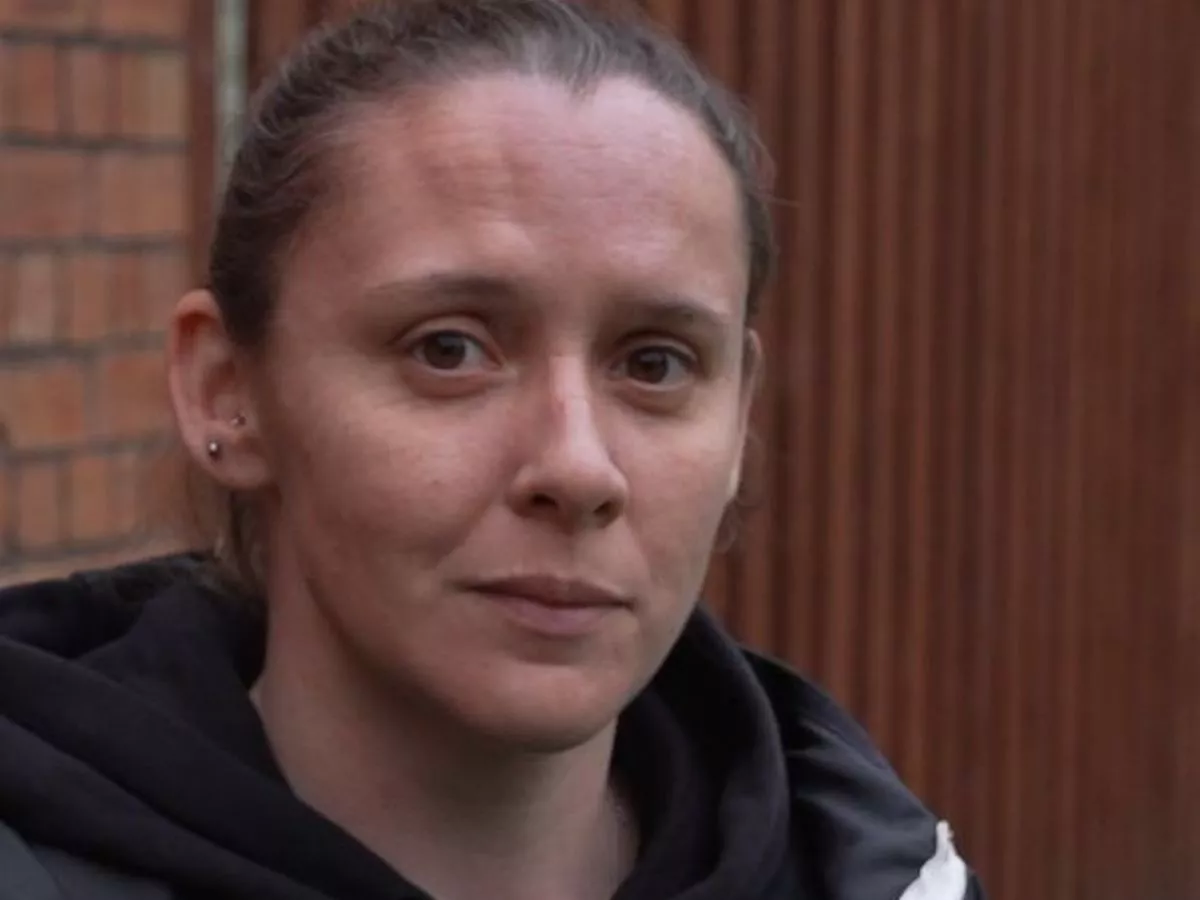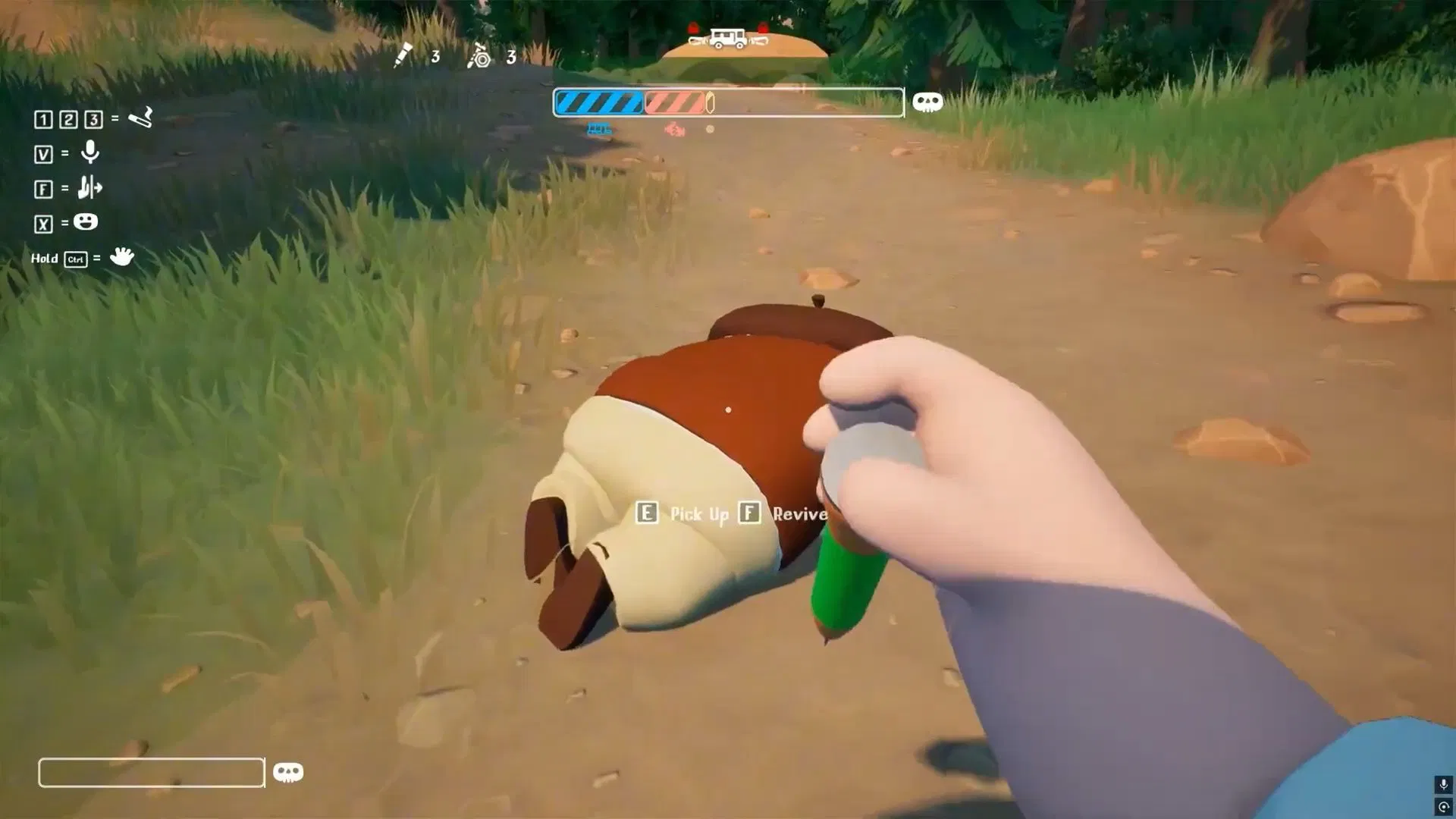Copyright walesonline

It was meant to be the happiest day of her life. Elissa Hubbard had just got married in the sun soaked isles of Cyprus, on a night that should have been spent with her new wife looking forward to their long future together. The reality, however, was quite different. The newlywed was sat in the hotel lobby, alone, locked to her mobile phone, playing casino games. But something that should have been a bit of fun and a harmless flutter, was actually something far more serious. Elissa was gambling all the money she and her wife had been gifted on their special day, losing it all in quick fashion. This wasn't a first time occurrence for the now 39-year-old. That moment was at the height of a gambling addiction. They first seeds of which were sown when she was the tender age of just nine. Elissa would visit local pubs with her family and would make use of a fruit machine, an interest that spiralled as she went through her life and developed an interest in online casino games. The former plasterer would work day-to-day, just to help fund her gambling, rushing home to wager her daily earnings online. She said: “Most days, I would skip my basic needs like lunch, I was constantly thinking about getting home to gamble online. "I got sacked by several jobs because I would take cash-in-hand for jobs and would use the money for my addiction." At its worst, she was losing £40,000 a year, taking out payday loans, and hiding her secret from loved ones. She said things came to a head her ex-partner confronted her about the wedding money gifted by their family and friends. And as the truth came out, she lost everything. Her marriage, her home, her stepchildren, her job, and her dignity, were all lost. “My wife had absolutely no idea what had been going on, she said I had basically lived a double life," she said. “It cost me everything; my marriage, my step-kids, my home, and job." Facing uncertainty after her truth was revealed, a member of Elissa’s family pointed her in the direction of an Adferiad pathway to combat addictions and improve mental health. After an assessment, she was referred to Adferiad’s Parkland Place rehabilitation unit in north Wales. "It was the best feeling I’d had in a long, long time — getting the dates to go into treatment and knowing I was finally getting help," she said. Here, Elissa learned more about the science related to addiction and was empowered to improve her self-worth through the vital work of counselling and education. However, recovery is rarely a straight line, and after leaving support, Elissa relapsed, turning to alcohol and prescription drugs, once again finding herself in crisis. Recognising she needed more help, she sought guidance from Parkland Place, where she was also directed to North Wales Recovery Communities, a recovery support group that networked individuals from similar experiences. “I found out a lot about myself," she said. "I don’t hate everyone – I just hated myself. People lift you up from similar experiences.” Today, Elissa has transformed her life, taking her lived experience to support others within Adferiad. Living in Rhyl, Denbigshire, she has given her guidance and experience to support residents of Parkland Place for the past three years, helping individuals navigate various addictions through counselling. The 39-year-old now works as a Welsh Women’s gambling coordinator for Adferiad, where she delivers guidance to individuals, all over Wales, facing issues with addiction. “I don’t carry that shame anymore,” she said. “The past is the past, and I’m doing something about it today. I feel like I’m turning all the negative stuff into positive — to help others.” Elissa actively campaigns for tighter restrictions around gambling, including the removal of gambling-related machines in all public-facing spaces, such as pubs and family entertainment centres often found at holiday parks. “I remember first using a fruit machine at a young age by visiting pubs with family," she said. "Children are often exposed to these environments at a young age, and I don’t think people appreciate that they can have a knock-on effect on their later lives."



